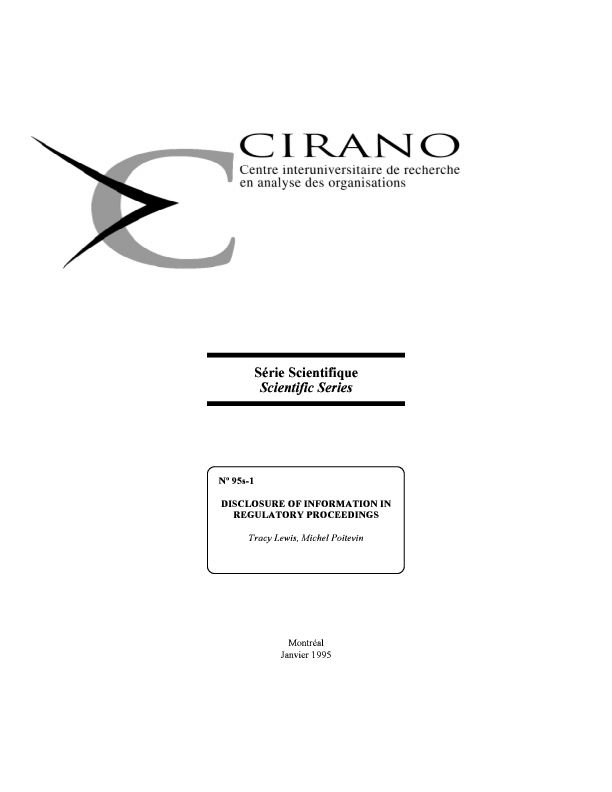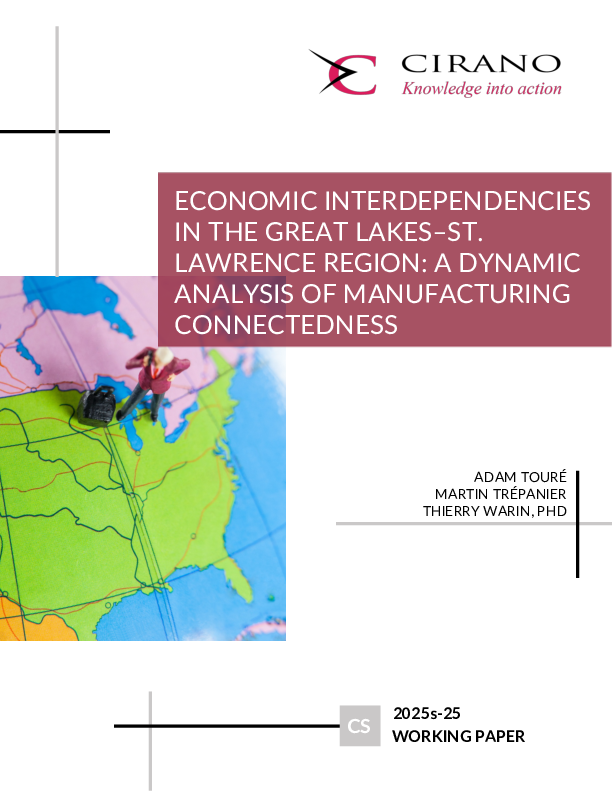Disclosure of Information in Regulatory Proceedings
This paper examines how different rules for presentation of evidence affect verdicts in regulatory hearings and the welfare and efficiency properties these procedures exhibit. The hearing is modeled as a game of imperfect information in which the respondent is privately informed about validity of his case. The respondent may present evidence to support his case. The commission observes whether the respondent presents evidence, and the nature of the evidence presented to update its beliefs about the validity of the case. Based on these beliefs and the standard of proof for conviction, the commission decides whether the respondent's application should be accepted or rejected. The sequential equilibria of this game are examined for their implications regarding (i) the desirability of making disclosure of evidence mandatory rather than voluntary, (ii) the burden of proof undertaken by the respondent to prove his case, and (iii) the impact of information accuracy and disclosure costs on the outcome of the hearing and the welfare of the respondents.
[ - ]




